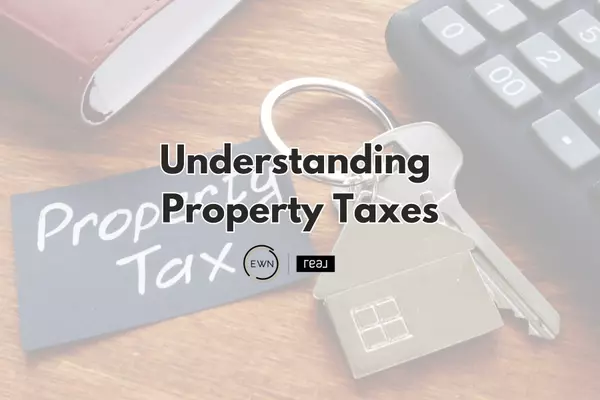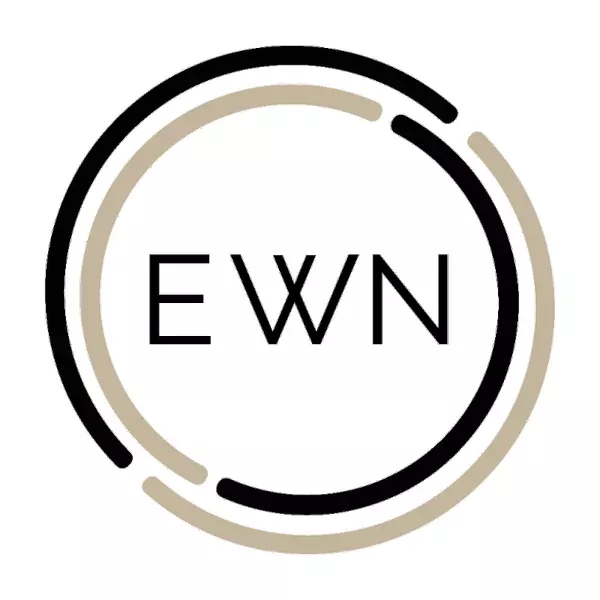First-Time Homebuyer's Guide
First-Time Homebuyer's Guide: Navigating the Path to Homeownership

Embarking on the journey to homeownership is a significant milestone, especially for first-time buyers. The process can seem overwhelming, but with careful planning and a clear understanding of each step, you can navigate it successfully. This comprehensive guide will walk you through the home buying process, offering essential tips on budgeting, understanding credit scores, and finding a real estate agent to ensure a smooth and informed experience.
Assessing Your Financial Readiness
Before diving into the housing market, it's crucial to evaluate your financial situation thoroughly.
Reviewing Your Credit Score:
Your credit score plays a pivotal role in determining your mortgage eligibility and the interest rates you'll receive. Lenders use this score to assess your creditworthiness.
-
Check Your Credit Report: Obtain free copies of your credit reports from the three major credit bureaus—Equifax, Experian, and TransUnion—via AnnualCreditReport.com. Scrutinize these reports for any errors or outdated information that could negatively impact your score.
-
Understand the Impact: Higher credit scores often lead to better mortgage terms. For instance, a score above 700 may qualify you for more favorable interest rates, potentially saving you thousands over the life of the loan. (Zillow)
-
Improve Your Score: If your credit score is less than ideal, take steps to enhance it. Pay down existing debts, ensure timely bill payments, and avoid opening new credit accounts in the months leading up to your mortgage application. Reducing your credit utilization ratio—how much of your available credit you're using—can also positively affect your score. (Forbes)
Budgeting for Your Home Purchase:
Establishing a realistic budget is foundational to the home buying process.
-
Calculate Your Debt-to-Income Ratio (DTI): Lenders often look for a DTI ratio of 36% or less, which includes your potential mortgage payment. A lower DTI indicates a better balance between debt and income, making you a more attractive borrower.
-
Determine Affordability: Assess how much house you can afford by considering your income, existing debts, and anticipated expenses. Utilize online mortgage calculators to estimate monthly payments based on different loan amounts and interest rates. (Bankrate)
-
Save for a Down Payment: While the traditional 20% down payment offers benefits like avoiding private mortgage insurance (PMI), many loan programs allow for lower down payments. For example, FHA loans may require as little as 3.5% down. However, be mindful that smaller down payments can lead to higher monthly payments and additional costs like PMI. (Realtor.com)
-
Plan for Closing Costs and Other Expenses: Beyond the down payment, budget for closing costs—typically ranging from 2% to 5% of the home's purchase price. Additionally, set aside funds for moving expenses, initial repairs, furnishings, and an emergency fund to cover unexpected homeownership costs. (Investopedia)
Exploring Mortgage Options
Understanding the various mortgage types and securing preapproval are critical steps in the home buying journey.
Types of Mortgages:
Different mortgage products cater to varying financial situations:
-
Conventional Loans: These are not government-backed and often require higher credit scores. Some conventional loans targeted at first-time buyers may allow down payments as low as 3%. (Redfin)
-
FHA Loans: Insured by the Federal Housing Administration, these loans are accessible to buyers with lower credit scores and require a minimum down payment of 3.5%. (Realtor.com)
-
VA Loans: Available to eligible veterans and active-duty service members, VA loans offer the benefit of no down payment and are guaranteed by the Department of Veterans Affairs.
-
USDA Loans: Designed for rural and suburban homebuyers, these loans are backed by the U.S. Department of Agriculture and typically require no down payment.
Mortgage Preapproval:
Obtaining preapproval from a lender provides a clear picture of how much you can borrow and demonstrates to sellers that you're a serious buyer.
-
Gather Necessary Documents: Lenders will require proof of income (such as W-2s or tax returns), employment verification, credit history, and information about your debts and assets.
-
Shop Around for Lenders: Compare offers from multiple lenders to find the best interest rates and terms. (Bankrate)
-
Understand the Terms: Pay close attention to the loan's terms, including the interest rate, loan duration, and any associated fees.

Finding the Right Real Estate Agent
A knowledgeable real estate agent can be an invaluable asset in your home buying journey.
-
Research and Referrals: Seek recommendations from friends, family, or colleagues who have recently purchased homes. (RE/MAX)
-
Interview Potential Agents: Discuss their experience, familiarity with your desired neighborhoods, and their approach to assisting first-time buyers. (Realtor.com)
House Hunting and Making an Offer
With your finances in order and a trusted agent by your side, you're ready to begin the search for your new home.
Identifying Your Needs and Wants:
Create a list of essential features (needs) and desirable attributes (wants) in a home. Consider factors such as location, size, number of bedrooms and bathrooms, proximity to work or schools, and community amenities.
Making an Offer:
Once you find a home that meets your criteria:
-
Analyze Comparable Sales: Your agent can provide information on recent sales of similar homes in the area to help determine a fair offer price.
-
Consider Contingencies: Common contingencies include financing, home inspection, and appraisal.
-
Negotiate Terms: Be prepared for counteroffers. Your agent will guide you through negotiations to reach mutually agreeable terms with the seller.
The Closing Process: Finalizing Your Home Purchase
Home Inspection and Appraisal:
-
A home inspection assesses the property’s condition and identifies potential issues.
-
The lender orders an appraisal to determine the home's fair market value.
Finalizing Your Mortgage:
-
Lenders verify financial information and issue the "clear to close" status.
Closing Costs:
-
Typically range from 2% to 5% of the home’s purchase price.
Conducting the Final Walkthrough:
-
Ensure all agreed-upon repairs are completed and check for last-minute issues.
Signing the Closing Documents:
-
Review and sign mortgage agreements, settlement statements, and other paperwork.
Receiving the Keys and Moving In:
Once funds are transferred and the title is recorded, you officially become a homeowner! 🎉Categories
Recent Posts

Eco-Friendly Home Improvements

The Importance of Diversification in Real Estate Investing: Why Every Investor Should Spread Their Portfolio

Understanding Property Taxes: A Homeowner's Guide

Real Estate Investing 101

The Future of Real Estate

The Home Inspection Process: What You Need to Know

The Pros and Cons of Buying a Fixer-Upper

The Impact of Interest Rates on the Housing Market

First-Time Homebuyer's Guide

How to Negotiate the Best Deal When Buying a Home

